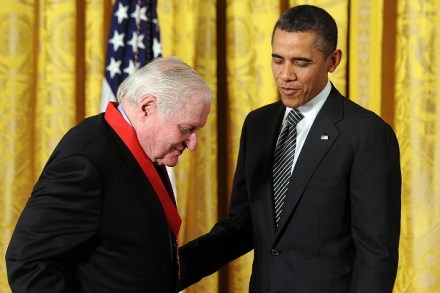Winning the war with wheezers
The Anfa Hotel in Casablanca has seen better days. Seventy years ago it was the grandest hotel in Morocco, good enough to house Winston Churchill and Franklin D. Roosevelt when they met in January 1943 to devise a strategy that would win the second world war. The views remain as fine and the bedrooms as expansive, but today the carpets are unmistakably worn and the bathrooms are beginning to peel. In its own small way, the hotel illustrates the central theme of The Rise and Fall of the Great Powers, Professor Paul Kennedy’s epochal history now more than 20 years old, that a dearth of economic resources progressively enfeebles the

















